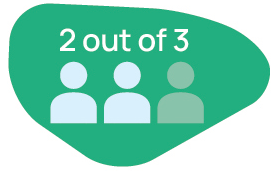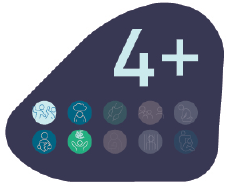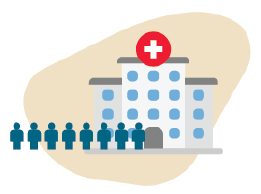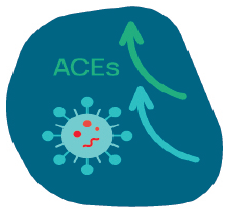Why ACEs?
WHY ACEs?
Foundational Study
The first study on ACEs was conducted in 1998 by Dr. Felitti and colleagues. It was a collaboration between Kaiser-Permanente and the U.S. Centre for Disease Control and Prevention involving 17,000 adults. This pioneering study aimed to understand how stress from childhood affects adult health
The findings revealed that experiences such as abuse, neglect, and household dysfunction before the age of 18 could lead to poorer health and social outcomes in later life.
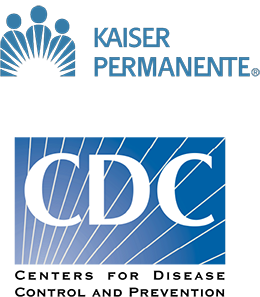
These outcomes include chronic disease, mental illness, witnessing or experiencing violence, and financial and interpersonal problems.

The ACE Study was ground-breaking because it was the first large-scale study to show the lasting impact of childhood adversity on health, highlighting the importance of addressing early toxic stress as a public health issue.
THE IMPACTS OF ACEsWHY ACEs?
Why are ACEs important?
We have learned that ACEs can change how our brains handle stress as we grow up. This can build up over time, leading to something called “toxic stress” that harms our immune system and other bodily systems. Eventually, this can cause various health issues when we’re adults.

Understanding this helps healthcare professionals better support people affected by ACEs.
They can use strategies focused on resilience to reduce the impacts of ACEs, like preventing chronic diseases from forming and mental illness from developing.
THE ACE
Pyramid
The original ACE Study created a simple way to show how ACEs can affect someone throughout their life. It’s called the ACE Pyramid and it’s used by researchers, healthcare practitioners, teachers, and policymakers. This pyramid helps us see the many ways that ACEs can shape our health and well-being over time.
One critique of the ACE Pyramid is that it doesn’t account for how different people react to ACEs. It’s a reminder that while ACEs can predict health issues for groups of people, they don’t tell us exactly what will happen to each person. How someone deals with ACEs depends on their own circumstances, like the support they have around them to rely on when they experience adversity.
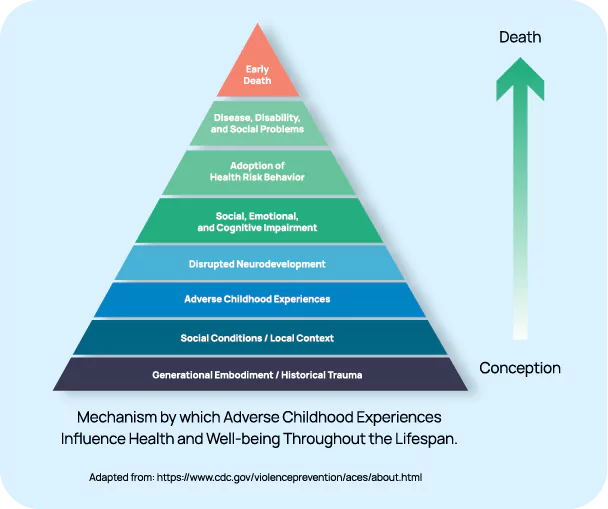
WHY ACEs?
The Relevance of ACEs Science?
Since the late 1990s, there’s been a surge in research examining the lasting impacts of ACEs.
This research has prompted a significant shift towards adopting a trauma-informed approach to care in fields like healthcare, social services, and education. Essentially, it means being mindful of the effects of trauma and its impacts when working with people in various settings.
More and more individuals, organizations, and communities are delving into this research to understand how ACEs affect individuals, how protective factors can help mitigate these effects, and what interventions can be helpful. This approach, grounded in scientific evidence, informs decisions in clinical practice, resilience-building efforts, public health programs, and other initiatives aimed at preventing and treating ACEs.

Navigating this extensive body of ACEs research can be daunting, which is where the ACEs Hub helps. It acts as a digest, providing updated information and summaries of key findings in ACEs research.
The scientific understanding of ACEs has led to numerous initiatives worldwide to raise awareness of ACEs and address their effects. Healthcare settings, including physician offices and public health clinics, now screen patients for ACEs and tailor care accordingly.
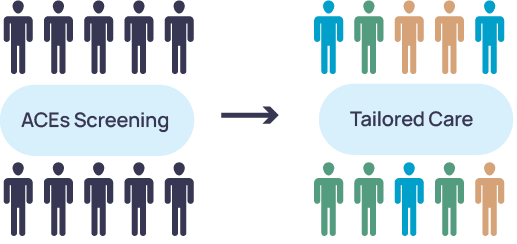
Schools are adopting trauma-sensitive practices to better support students’ needs and foster a productive learning environment.

Early childhood programs and family services are also embracing trauma-sensitive approaches to improve outcomes for children.
Recognizing the impact of ACEs is also extending to the justice system, with police departments and courts implementing policies and programs aimed at building resilience in individuals and families.

Even programs serving marginalized populations, such as unhoused individuals, are integrating practices informed by ACEs science.
This collective effort across various sectors underscores the importance of applying ACEs science to foster trauma-informed practices and resilience in individuals, families, and communities. It’s a promising step towards creating a more supportive and understanding society.

